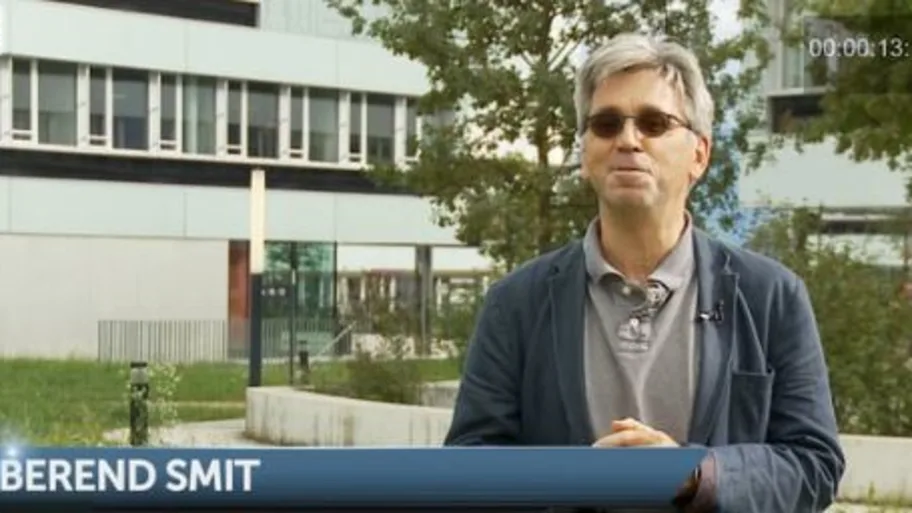
- Science News
- Frontiers news
- Hybridization and electrification is the way to go says new Chief Editor of Engine and Automotive Engineering
Hybridization and electrification is the way to go says new Chief Editor of Engine and Automotive Engineering

“One of the greatest challenges the automotive industry faces today is the need to comply with the rapidly reducing vehicular CO2 limits. The EU target for passenger cars to be valid from 2021 is ‘only’ 95 g/km, yet the European Parliament has already voted a further 37.5% decrease in the CO2 emissions from 2030. Developments focusing on the internal combustion (IC) engine alone, such as turbocharging with downsizing or gasoline direct injection ─ both proven quite efficient over the last years in achieving reduction in CO2 emissions and fuel consumption ─ will no longer be adequate. Instead, it seems that hybridization and electrification is the way to go.”

Evangelos Giakoumis, Specialty Chief Editor
These comments came from new Specialty Chief Editor, Evangelos Giakoumis, Professor of Internal Combustion Engines — at the National Technical University of Athens. Professor Giakoumis has been named a Web of Science Highly Cited Researcher by Clarivate Analytics in 2016, 2017 and 2018, an honor presented to researchers ranking among the top 1% most cited of their subject, earning them the mark of exceptional impact. We caught up with Evangelos to hear more.
How and why do you encourage researchers to contribute to this research?
The Engine and Automotive Engineering section of the Frontiers in Mechanical Engineering is one of the very few specialties/journals worldwide that concentrates on IC engines operation, with all the Associate and Review Editors being recognized leaders in the field of engines. The most obvious reason to publish in this specialty is that IC engines are and will continue to be the primary powertrain for a wide spectrum of applications such as utility devices (mowers, chain-saws, portable generators, etc.), freight transportation (truck, rail and maritime heavy-duty engines), agricultural tractors and harvesters, ships, motorcycles, and passenger cars. Every researcher dealing with IC engines should consider publishing his or her research here, benefiting from a swift but thorough review process from experts in the field.
What are your key motivations for furthering research in this field?
I’m motivated by the challenge of achieving low pollutant emissions and fuel consumption/CO2, while at the same time ensuring good vehicle drivability. Research in the field of biofuels has been intense during the last decades as they offer a variety of advantages both as regards pollutants and greenhouse gas emissions and energy security overall. Advances in alternative combustion techniques, e.g. through various low-temperature combustion approaches, may prove quite promising in the future, although at the moment they are not mature enough for mass production.
Why is Open Access important in this field?
Free and unrestricted access to knowledge and new research is of paramount importance for progress and development in every discipline, particularly technical subject areas that evolve rapidly. Open Access allows direct spread of new knowledge, allows new research to build on it, supports innovation and hinders duplication.
If you are a researcher in the field of Engine and Automotive Engineering, and would be interested in joining the section and/or leading an article collection on your area of research, please get in touch with us at mechanicalengineering@frontiersin.org.
Professor Giakoumis is currently editing a collection on Certification Cycles and Real Driving Emissions within the specialty — for more details, to read currently published papers, and to submit, please visit the Research Topic page.
Follow Frontiers in Mechanical Engineering on Twitter and register for article alerts to receive the latest research.
Frontiers journals lead in citations and rank in top Impact Factor and CiteScore percentiles. See full analysis






